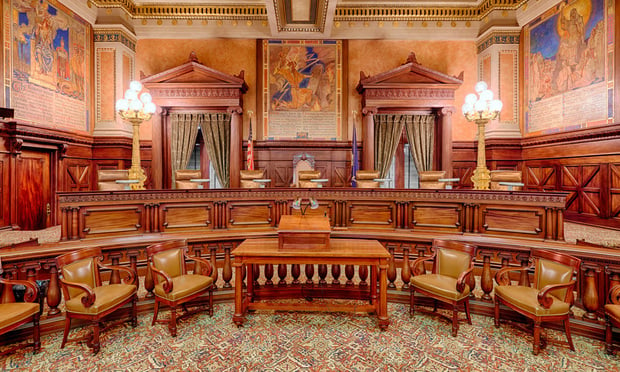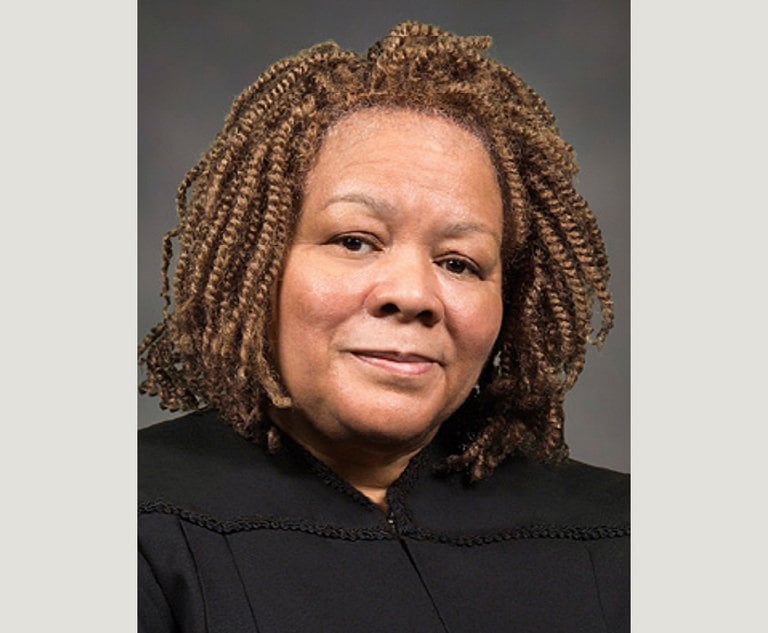Recent events surrounding the COVID-19 pandemic have thrust many of our core institutions into renewed focus—and the Pennsylvania Supreme Court is no exception. Faced with a multitude of issues pertaining to the ongoing crisis, the court has been forced to carefully consider the contours of its supervisory power over the judiciary. In the end, the court’s actions reflect a measured approach, which seeks to balance the need for immediate and decisive action, without an arrogation of power by the judiciary or an excessive concentration of that power in the Supreme Court. To underscore this point, we discuss the court’s handling of several administrative and substantive matters.
First, by way of several successive orders beginning March 12, the court initiated the process of suspending judicial operations and restricting access to facilities. Notably, however, rather than reflexively mandating a sweeping shutdown of all operations, the court’s directives were carefully crafted to protect certain fundamental rights. For instance, recognizing that— irrespective of the pandemic’s severity and scope—the government cannot dispense with constitutional protections afforded to defendants in criminal proceedings, the court refused to grant a wholesale suspension of the rights to a speedy trial and the right to be physically present in all proceedings, see 3/17/2020 order, 32 M.M. 2020. Indeed, although the court’s March 18 order ultimately altered the procedural requirements associated with the right to a speedy trial, it clarified that the constitutional protection to a speedy trial remains inviolate.


 The Supreme Court Chamber in the Pennsylvania State Capitol building in Harrisburg, Pennsylvania. (Photo: Shutterstock)
The Supreme Court Chamber in the Pennsylvania State Capitol building in Harrisburg, Pennsylvania. (Photo: Shutterstock)




